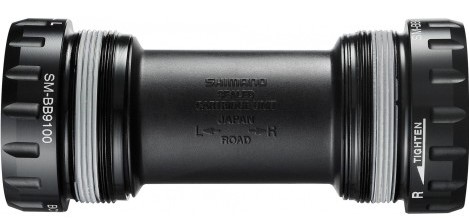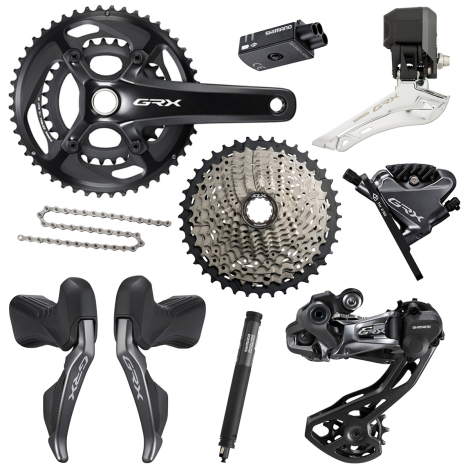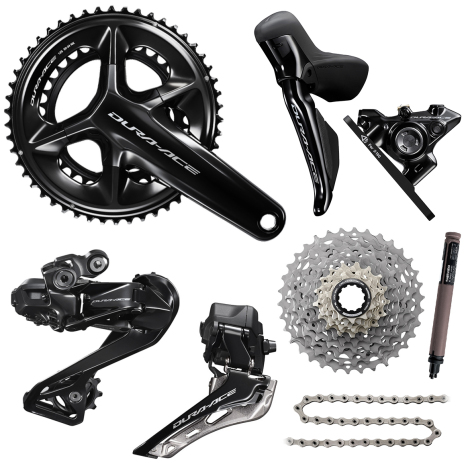The one brand which has dominated bike parts over the last 25 years or so is Shimano. However, they haven’t always been number one in bike parts, by the way, they are also ranked number 2 in the world at manufacturing fishing reels, but thats quite enough about fishing. Shozaburo Shimano started his engineering workshop in 1921, initially making single speed freewheels using a friends lathe. At the time, single speed freewheels were the most technologically advanced part on a bike, Shozaburo Shimano thought he could make one which was better than those available at the time.
The following decades saw Shimano producing relatively basic components which fitted the relatively basic mass market bikes of the era. The late 1960’s saw a shift in manufacturing towards the market which European manufacturers were dominating – Campagnolo, Simplex and Huret were the big players in sport and leisure road cycling components.
The 1967 Skylark rear derailleur was a more robust version of a then popular French Simplex units, some of which used weaker and more flexible plastic in its construction. The skylark rear derailleur was manufactured in steel and sold very well, this was arguably Shimano’s first major step down the pathway towards domination of the industry.
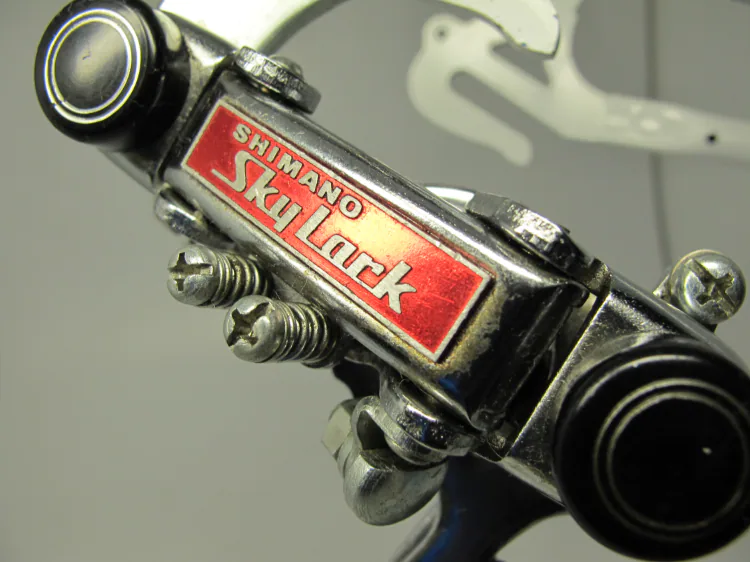
The 1970’s saw Shimano ramp up to the next level. Coaster brakes were in huge demand for leisure bikes and Shimano made one of the best, they were producing 50’000 caster brakes per month. 1973 was the year Dura Ace was born. Shimano took it’s first steps into professional road racing through sponsorship of the Flandria Team which featured Belgian superstar Freddy Maertens.
Shimano Timeline of Innovation
1973
Shimano Dura-Ace drivetrain is born!
Shimano sponsor Belgian road racing team Flandria. Dura-Ace was in the Tour De France for the first time and Freddy Maertens’ second place in the World Champs nicely kick things off for Dura-Ace’s racing palmares.
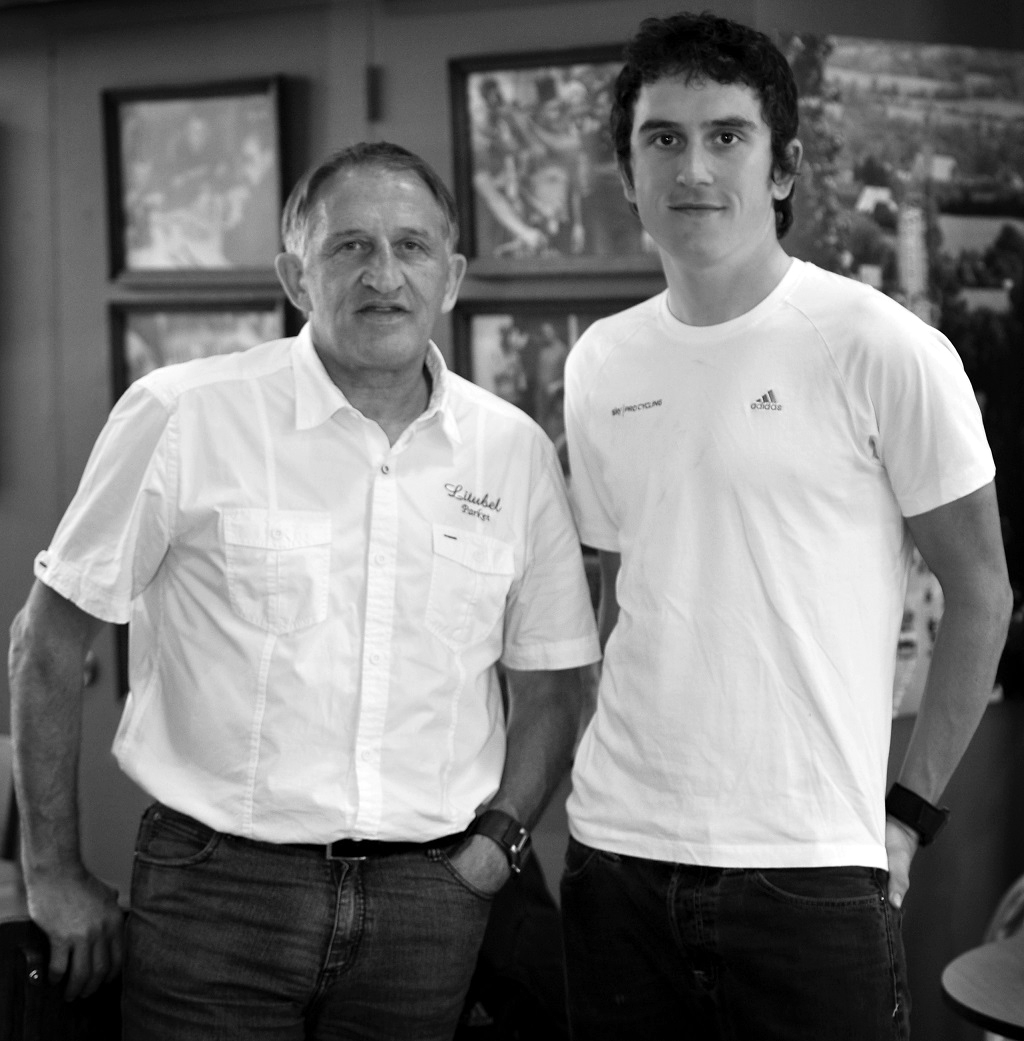
1974
Shimano’s indexed shifting design – Positron – comes to market. Previous gear shifting had to rely on riders feeling for the gears. Positron derailleurs were indexed in a series of fixed positions that correlated to individual rear wheel sprockets.
1978
Shimano Dura-Ace EX 2700 is released. This important groupset saw the debut of the freehub.
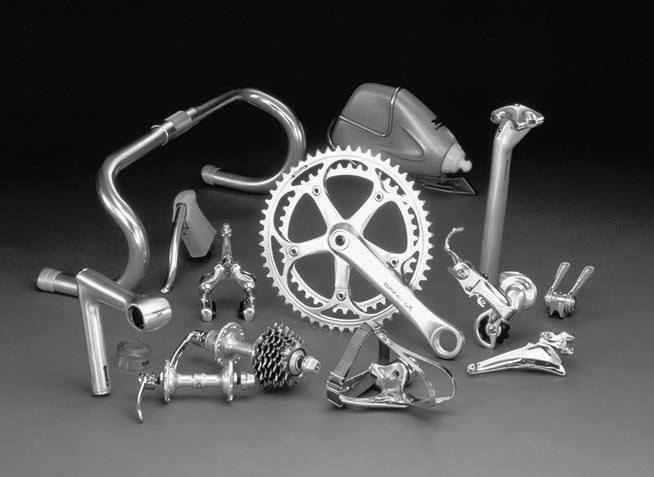
1980
Shimano Dura-Ace AX 7300 comes out. It is specifically designed to be more aerodynamic.
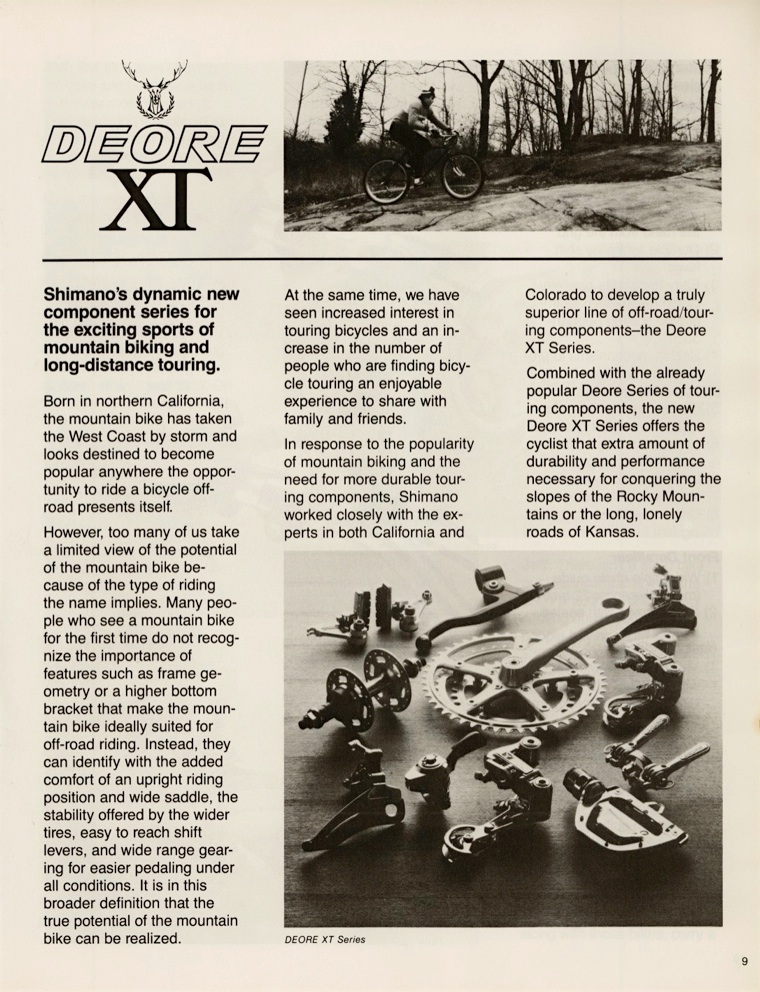
1982
The first edition of Shimano’s Deore XT M700 mountain bike groupset is released. The launch of the Shimano 105 drivetrain saw the start of the budget performance range which would benefit from features which trickled down from the top end groupsets.
1983
Shimano make many inprovements to their 600 drivetrain and call it the 600EX.
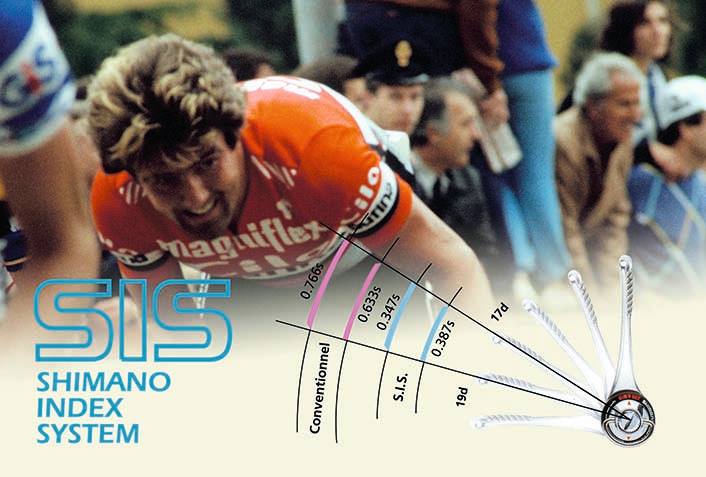
1984
Dura-Ace 7400 drivetrain first features the Shimano Index System (SIS).
1986
SIS makes the move over to the mountain bike world with Shimano Deore XT SIS.
1987
7-speed SIS Shimano 600 Ultegra groupset is released.
Shimano bring out the infamous Santé groupset. Ridiculed in its day for pretentious marketing and its distinctive un-macho aethetic, it is now highly desired by collectors.
1988
Andy Hampsten wins the Giro d’Italia riding a Dura-Ace groupset equipped bike. Shimano’s first major tour win. This is arguably the start of Shimano’s gradual domination of the pro racing world.
Shimano make their first road cycling shoe – the SH-R100.
1989
Shimano unveil the concept of STI (Shimano Total Integration) with Rapidfire Remote shifters for mountain bikes. STI allows cyclists to operate gears and brakes without having to let go off the handlebar. This development saw rival Campagnolo desperately playing catch-up with the development of their equivalent Ergopower system.
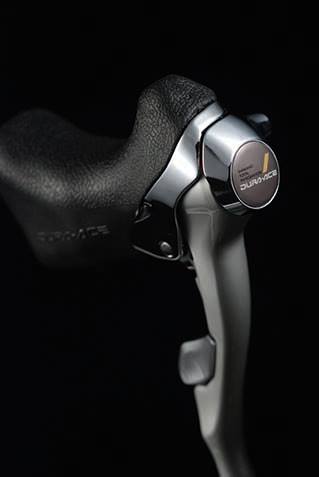
1990
Dura-Ace 7400 features STI Dual Control Levers.
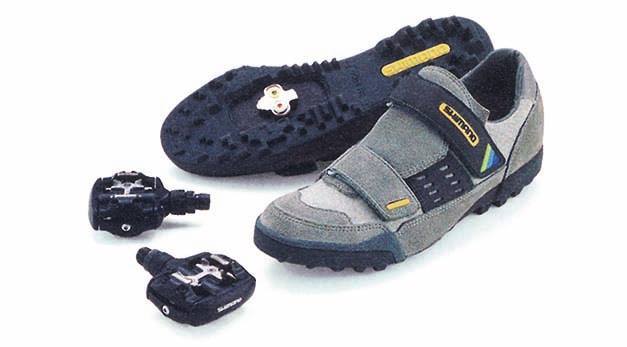
Shimano introduce SPD (Shimano Pedalling Dynamics) clipless pedals to the MTB market.
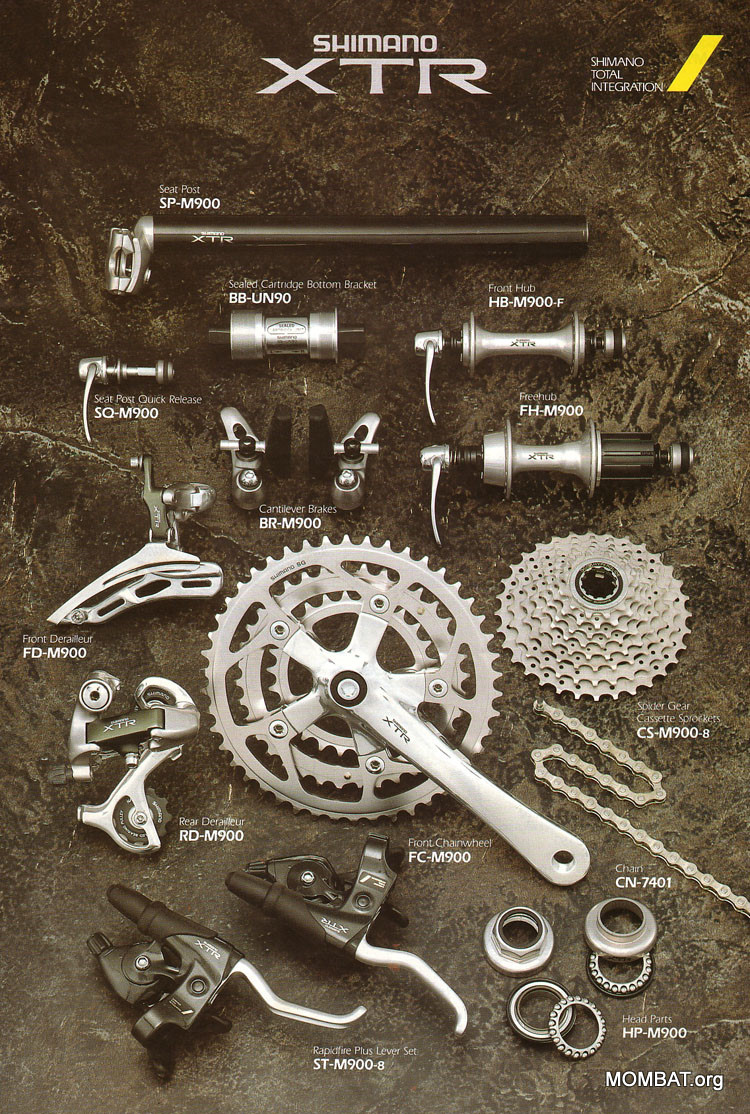
1991
Shimano turn their attention seriously onto the world of mountain bike racing by releasing the XTR groupset. Their first mountain bike groupset aimed squarely at professional mountain bike racers.
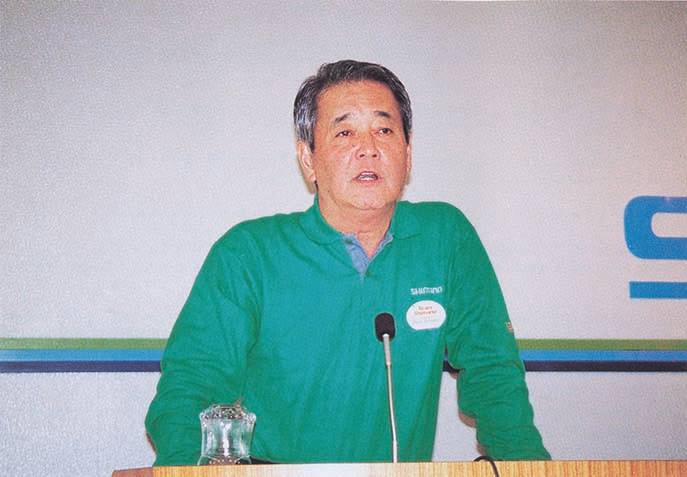
1992
Shozaburo’s middle child – Keizo Shimano – becomes the company’s third president.
1993
Shimano Dura-Ace 7410 is released.
1995
Shozaburio’s youngest son – Yoshizo – takes his turn to be company president.

1996
Dura-Ace 7700 sees the flagship drivetrain getting a considerable overhaul. “Stress free” is the governing idea apparently.
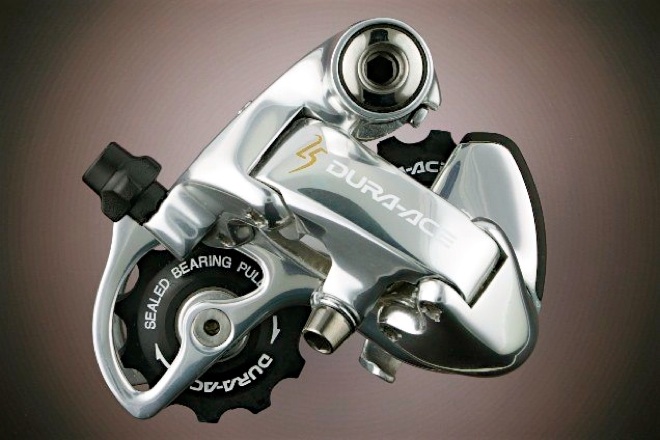
1998
The 25th anniversary of Dura-Ace is marked with the release of a special anniversary edition of the groupset.
Shimano’s Flightdeck bike computer comes out. It is operational via a switch on the brake lever bracket so the rider doesn’t have to remove their hand from the handlebar to operate the computer. In this regard the Flightdeck is extension of the STI concept.
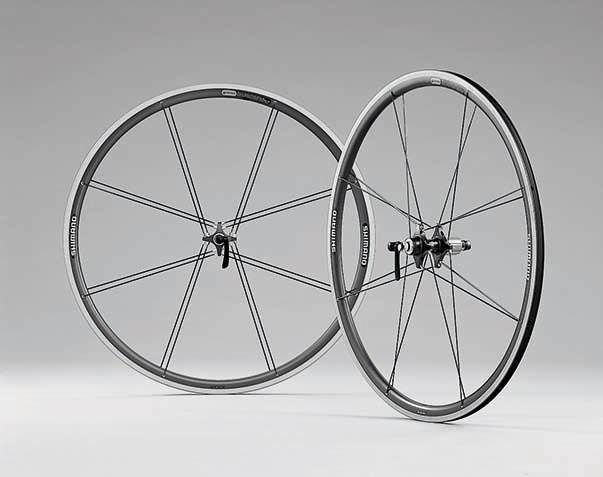
1999
In an era still dominated by handbuilt wheels, Shimano bring out a factory wheelset. The WH-7700 wheelset is unveiled.
2000
Shimano WH-M959 mountain bike wheelset comes out.
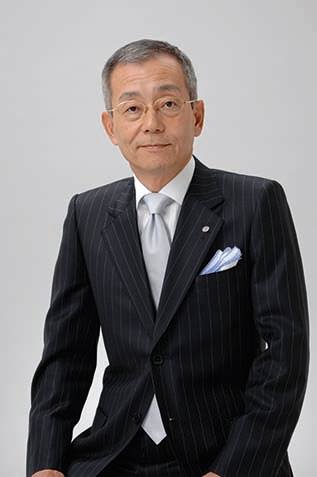
2001
Shimano continue to keep it in the fmaily; Yozo Shimano becomes the fifth president.
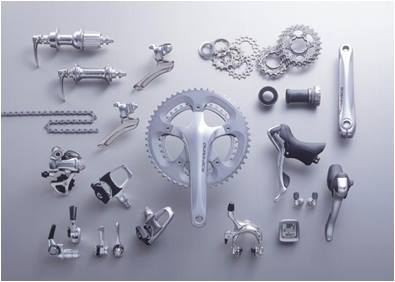
2003
“For 100% Power Transmission Efficiency” – the buzz-phrase for the new Dura-Ace 7800 groupset. 10-speed, Hollowtech cranks, ergonomic STI levers and other significant moves.
2007
The ultimate accolade for a bike component manufacturer is to feature their parts on the bike of the winner of the Tour De France. This time finally came for Shimano in 2007, as Alberto Contador won the TDF on Dura Ace, the first official Shimano win in the biggest race in the world. The 1999 – 2005 Tour De France’s were ‘kind of’ won on Shimano too, but with help from pharmaceutical manufacturers. From 2012 with Bradley Wiggins, through to 2019 with Egan Bernal, there were 7 years TDF winners riding Shimano Dura Ace in the Team Sky & Ineos era of domination.
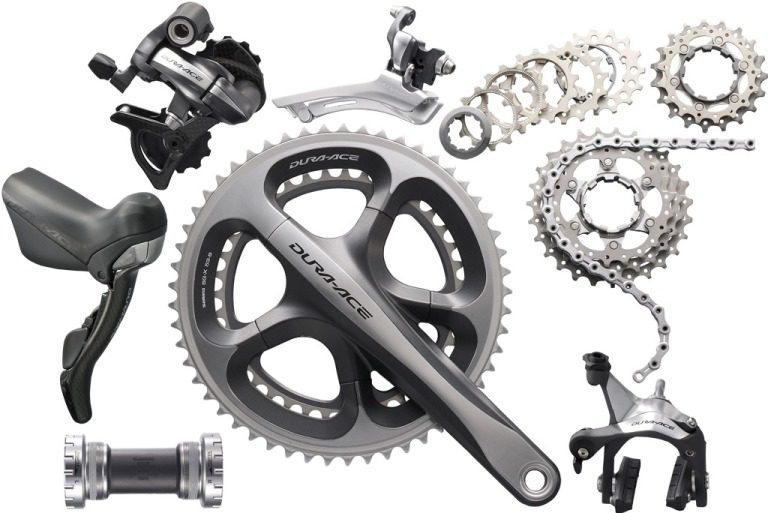
2008
Dura-Ace 7900 – “The Evolution of Perfection”. Hollow-in-the-middle Hollowglide cranks make their debut.
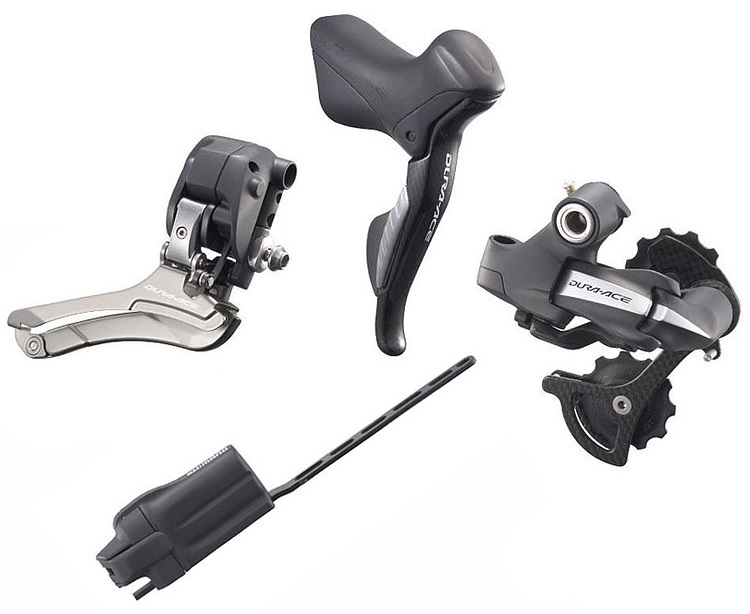
2009
Shimano go electronic! Electronic shifting via Dura-Ace 7970 componentry is released – Di2 (Digital Integrated Intelligence).
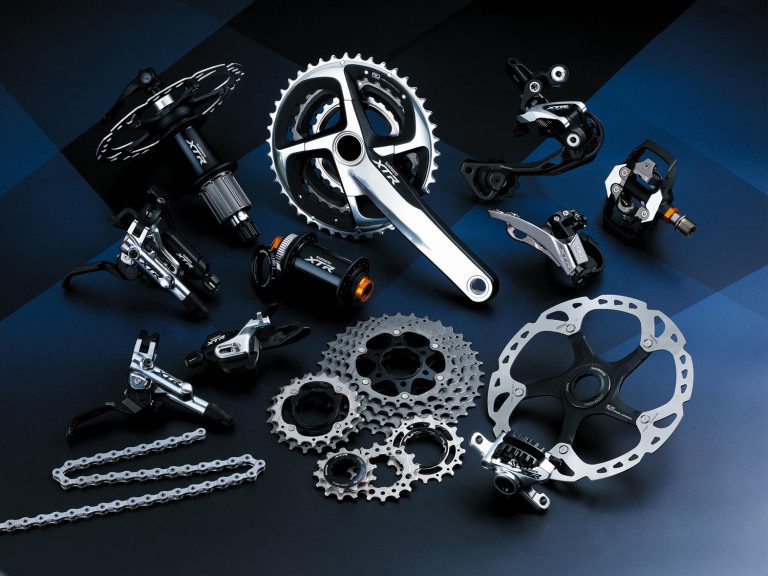
2010
Shimano XTR Dyna-sys – 10-speed drivetrains for mountain bikes.
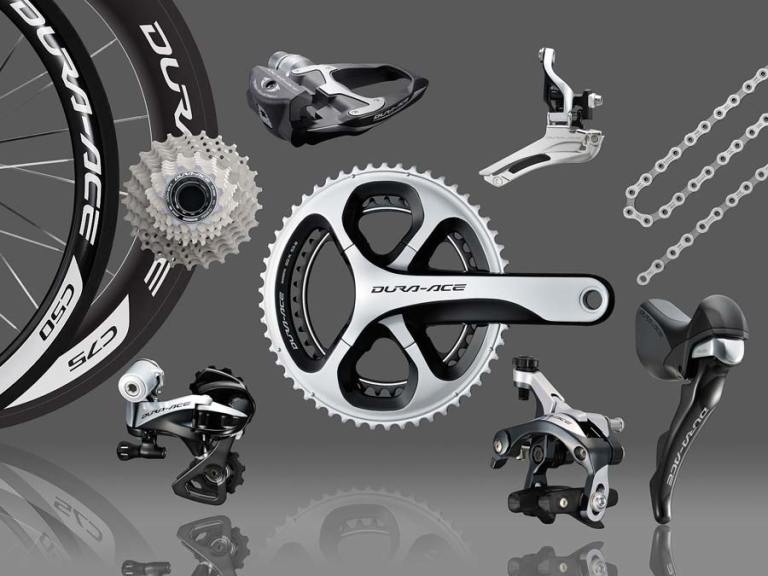
2012
The 2012 version, Dura-Ace 9000 – featured a wholly re-engineered system in 11-speed. The cranks now have four arms, the whole groupset mixes polished aluminium contrasting with a darker finish.
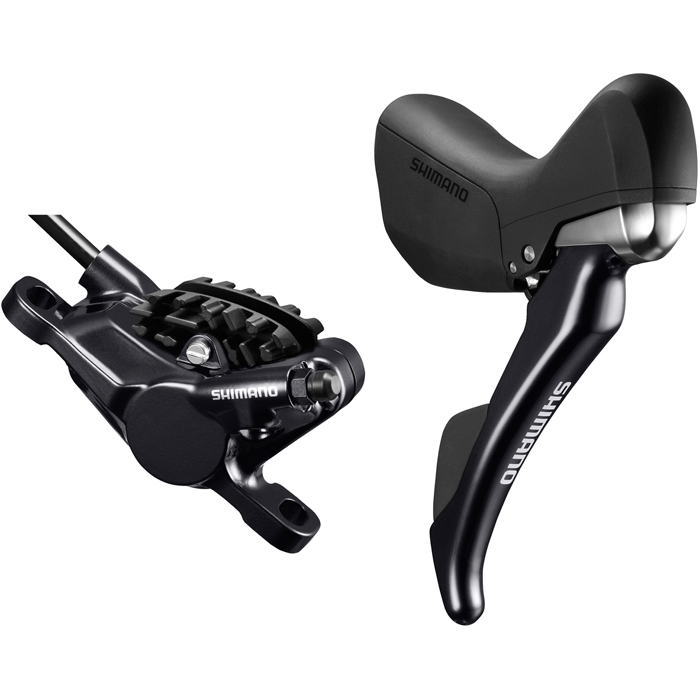
2013
Shimano produce hydraulic disc brakes for road bikes.
Shimano Ultegra 6800 11 Speed mechanical groupset released.
2016
Dura Ace 9100 is released featuring an optional power meter.
2019
Shimano GRX Gravel specific range is launched with 4 levels from GRX815 11 Speed Electronic to GRX400 10 Speed. All GRX groupsets feature hydraulic braking and there is an option for 1X or 2X transmission.
2021
Shimano Dura Ace Di2 9200 arrived with 12 speed wireless electronic shifting and a choice between hydraulic disc and rim brake. New deep carbon C60, C50 and C36 wheels feature increased width for wider tyres. Ultegra Di2 8100 was launched too, also featuring 12 speed transmissionn and wireless actuation.
2022
Shimano Di2 105 is launched featuring 12 speed wireless transmission and much of the same performance as the latest Dura Ace and Ultegra wireless groupsets, but at a lower price point.

